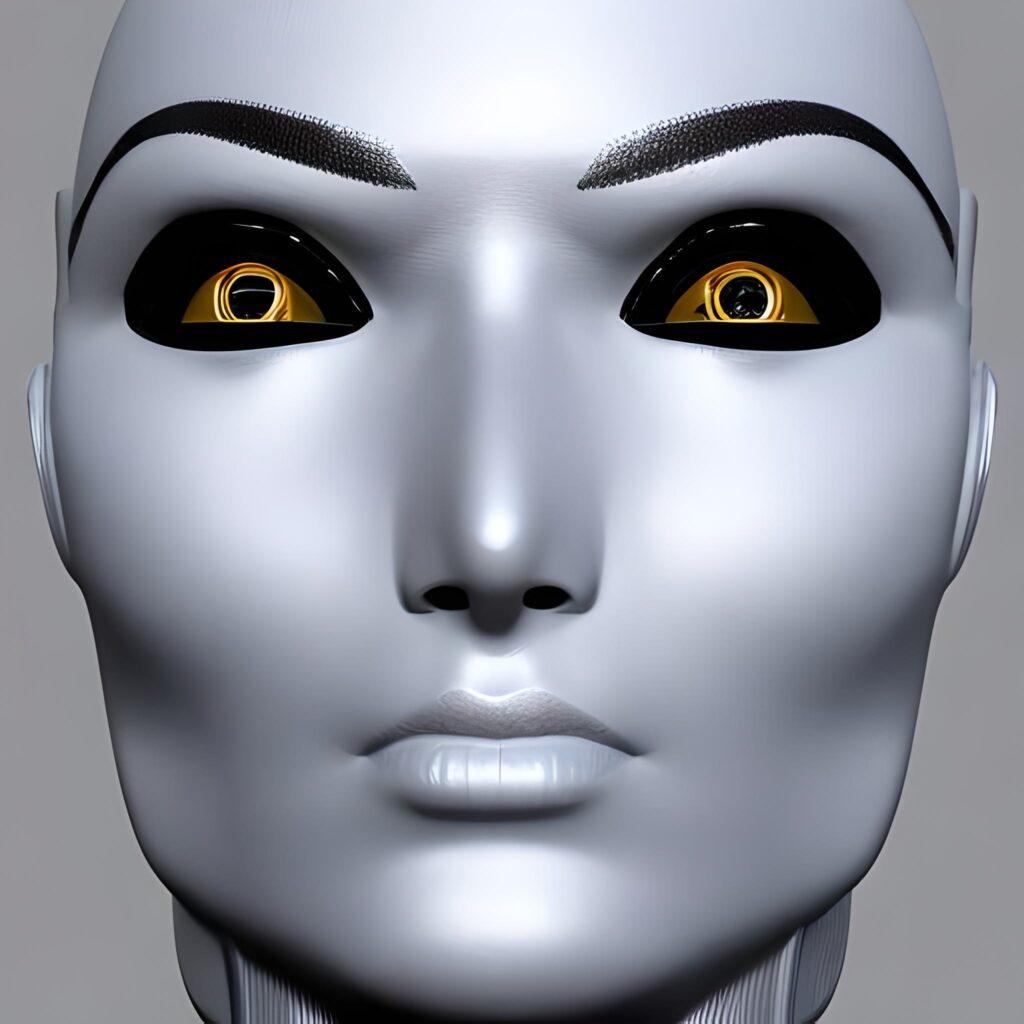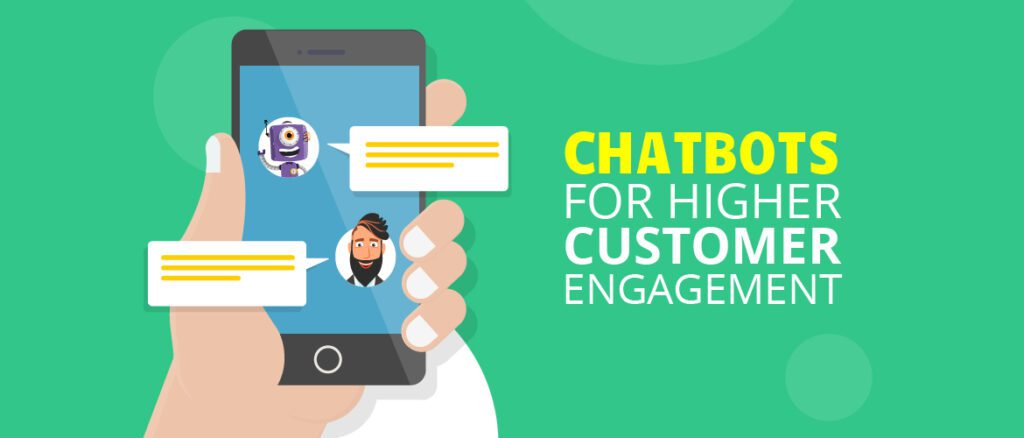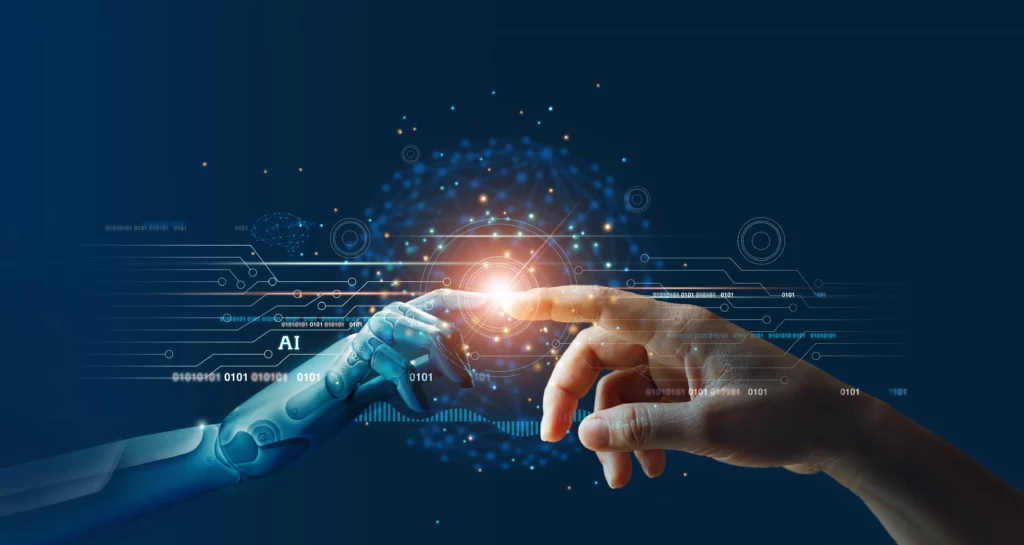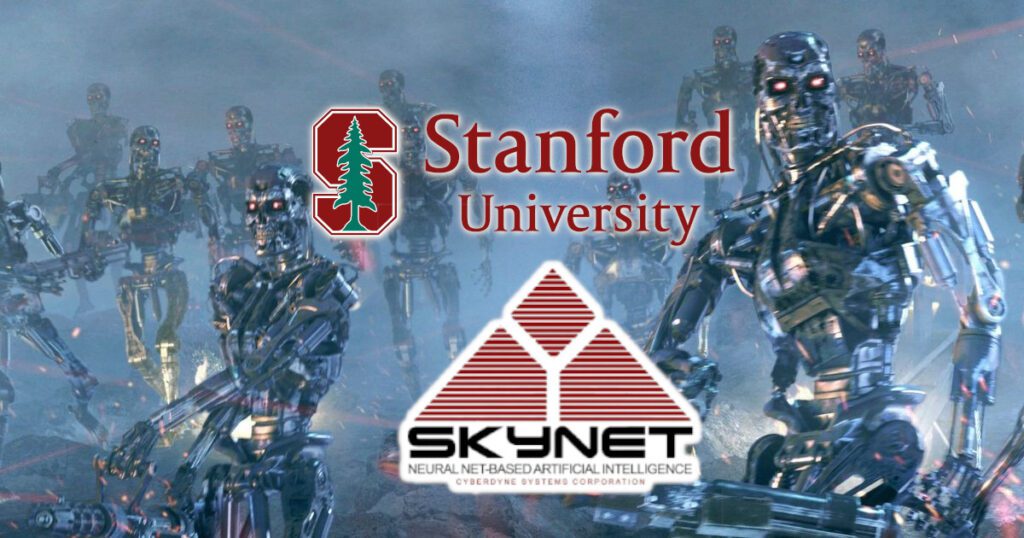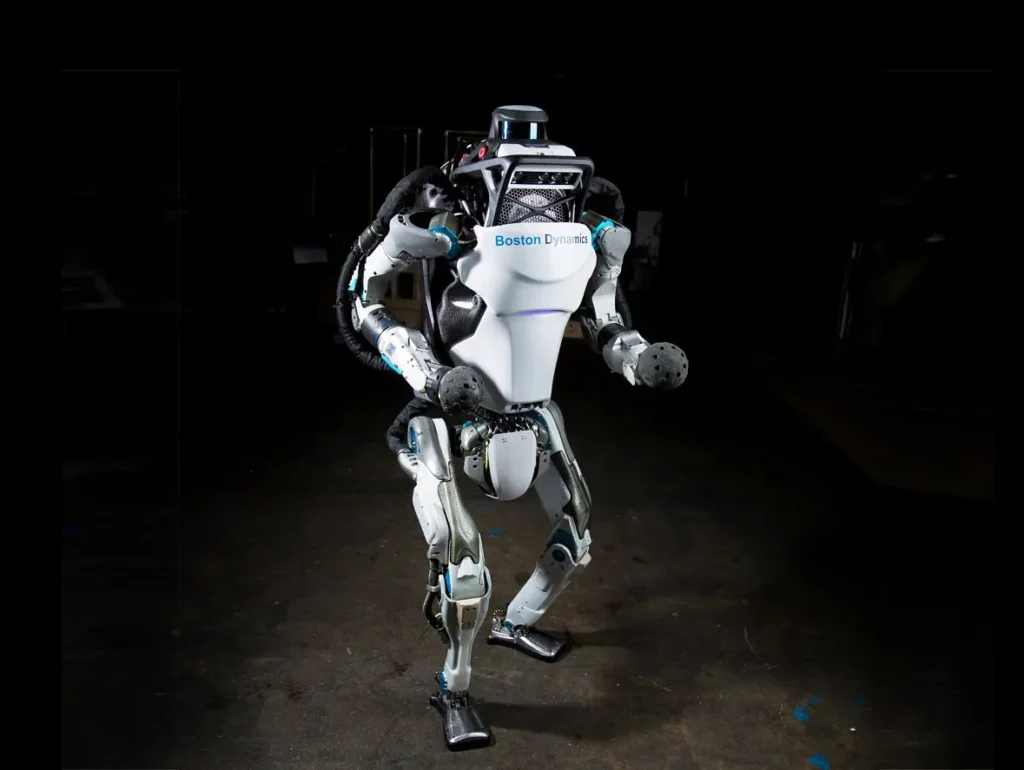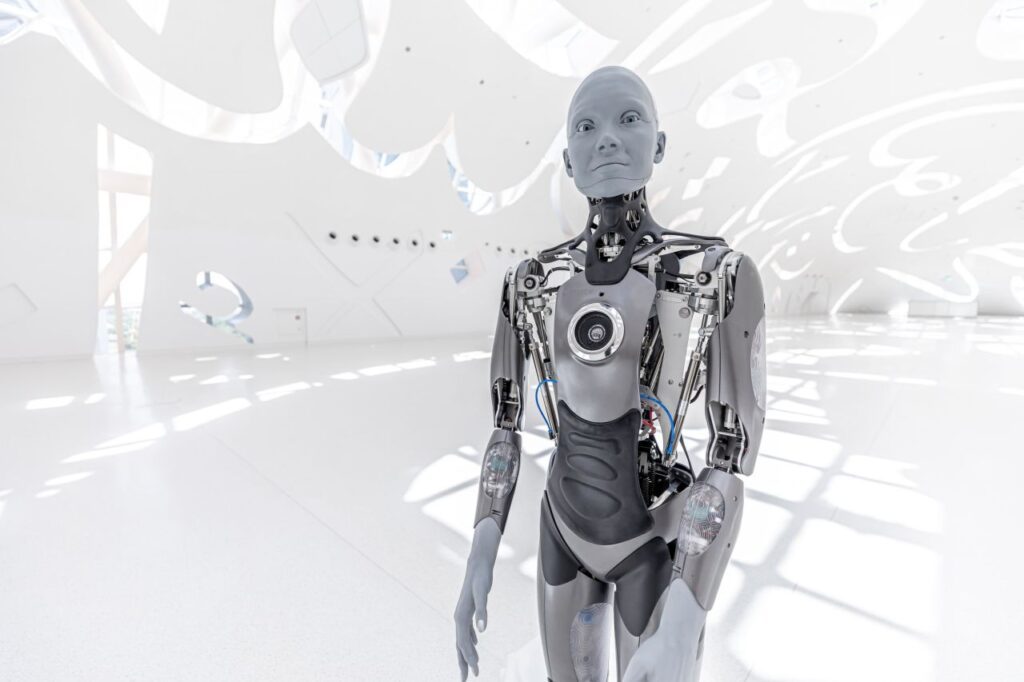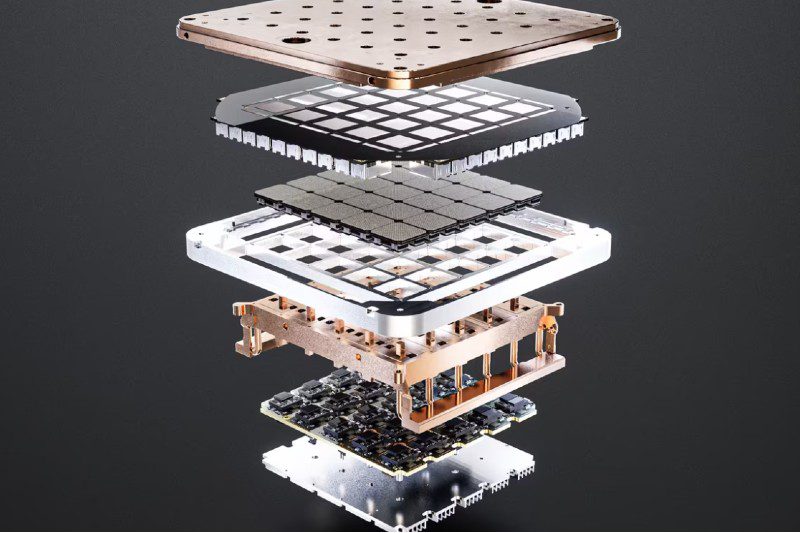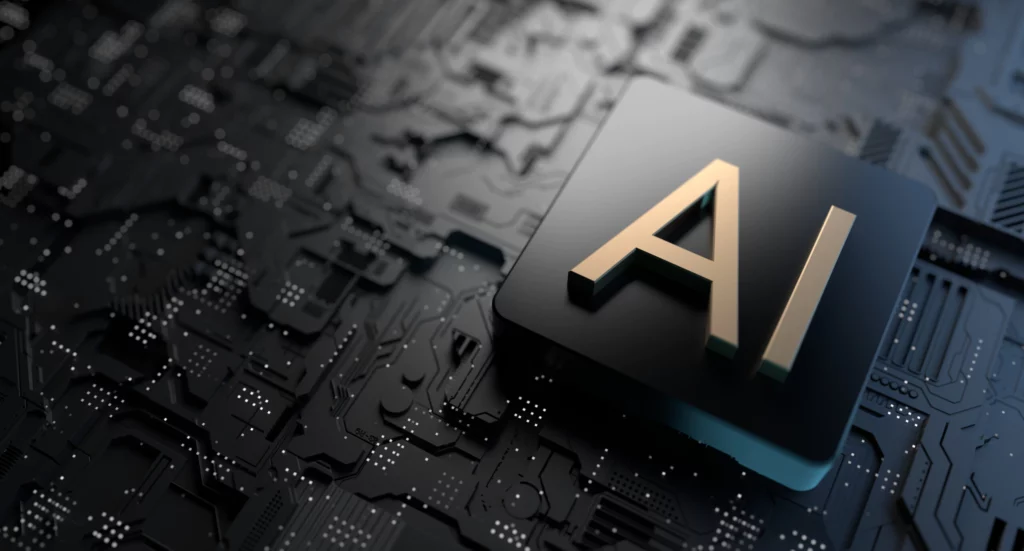“The Top 5 Professions Vulnerable to AI Takeover”
Imminent impact of artificial intelligence (AI) on various vocations reveals that certain professions face significant threats from this emerging technology. 1. Telemarketing As AI continues to advance, telemarketing, a profession that relies heavily on human-to-human interaction, is highly vulnerable to becoming obsolete. With the advent of chatbots and automated voice assistants, companies are gradually replacing their human workforce with AI technologies that can efficiently and cost-effectively handle customer interactions. Consequently, this trend poses a grave threat to the future of telemarketers, who will have to develop additional skills to remain relevant in the job market. It is also worth noting that AI-driven communication tools can impact all languages and may affect those who earn their livelihood as translators. 2. Data Entry The proliferation of AI technology also poses a potential threat to the future of data entry workers. The efficiency and accuracy that AI offers in processing data are unparalleled, and it is becoming increasingly cost-effective to use AI solutions for data entry tasks. As such, the demand for human data entry workers is expected to decline in the future, making it crucial for workers in this field to stay informed and to acquire new skills that can ensure their employability in the ever-changing job market. 3. Insurance Underwriting The field of insurance is currently embracing AI technology for automated underwriting tasks. Although it enhances the precision and efficiency of underwriting, it also implies that insurance underwriters are at risk of becoming redundant in the foreseeable future. It is imperative to analyze the impact of AI on employment and to prepare for its future implications. 4. Accounting The field of accounting is also highly susceptible to the incursions of AI. With the rise of machine learning and other AI technologies, a variety of accounting tasks can now be automated. This could lead to a decline in demand for human accountants in the future, which would require accounting professionals to adopt new skills and competencies to remain relevant in the job market. The application of AI technologies in accounting needs to be assessed critically, considering the potential impact on employment. 5. Retail Sales Retail sales is another profession that is already feeling the impact of AI. With the advent of online shopping and automated checkout systems, the demand for human retail sales personnel is decreasing gradually. This necessitates the acquisition of new skills by these workers to maintain their employability in the evolving job market. While AI technologies improve efficiency and convenience for customers, it is imperative to consider the effects on employment in the retail sector. Conclusion In conclusion, our research findings have demonstrated the profound influence of AI on specific professions in the near future. While AI improves precision, efficiency, and convenience, it also poses a threat to employment in various fields. It is crucial for workers in fields vulnerable to AI to stay informed and to prepare for its implications. The top five professions that are most at risk from AI are telemarketing, data entry, insurance underwriting, accounting, and retail sales.
“The Top 5 Professions Vulnerable to AI Takeover” Read More »
